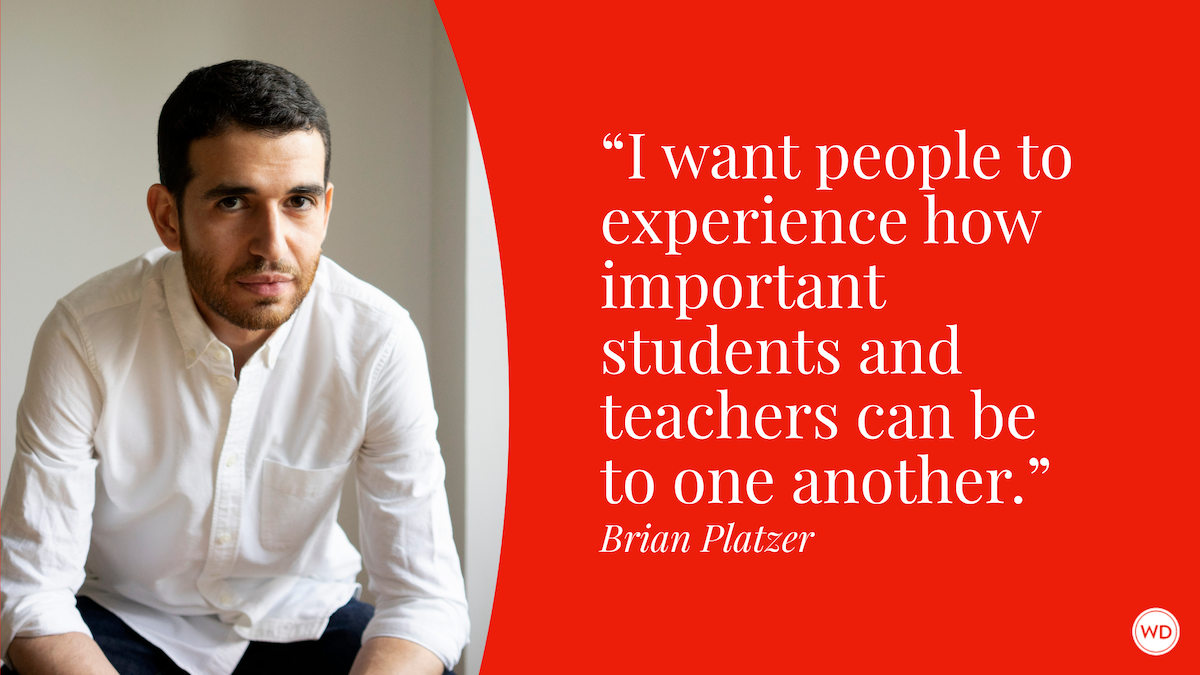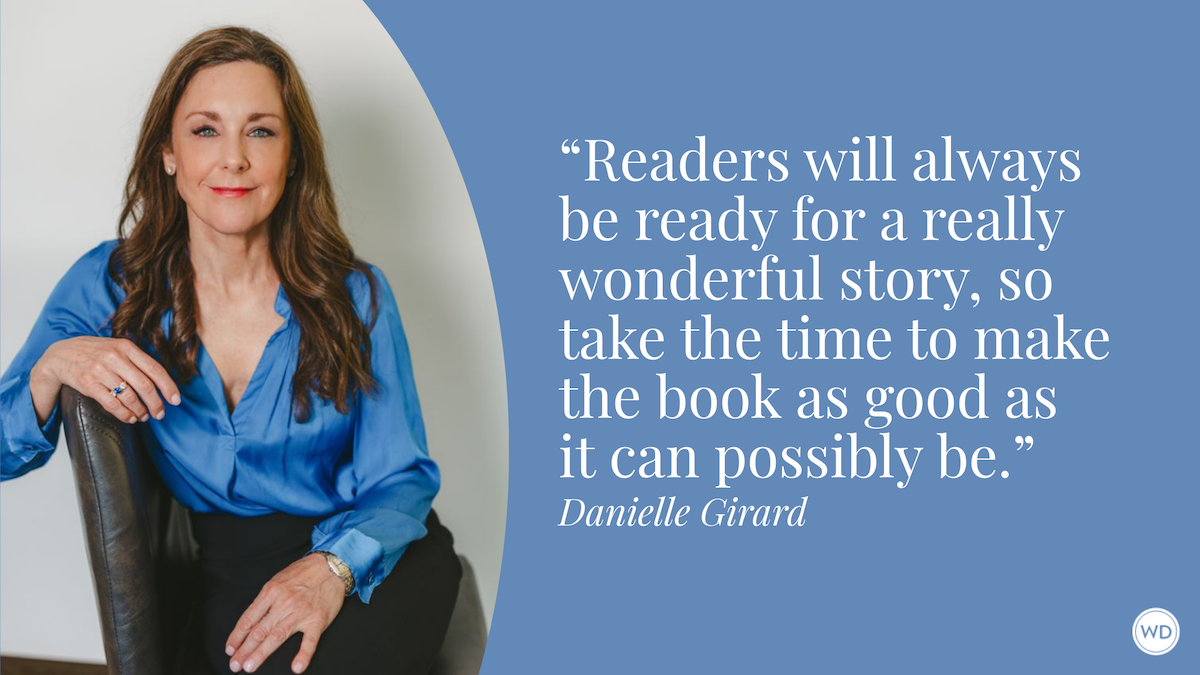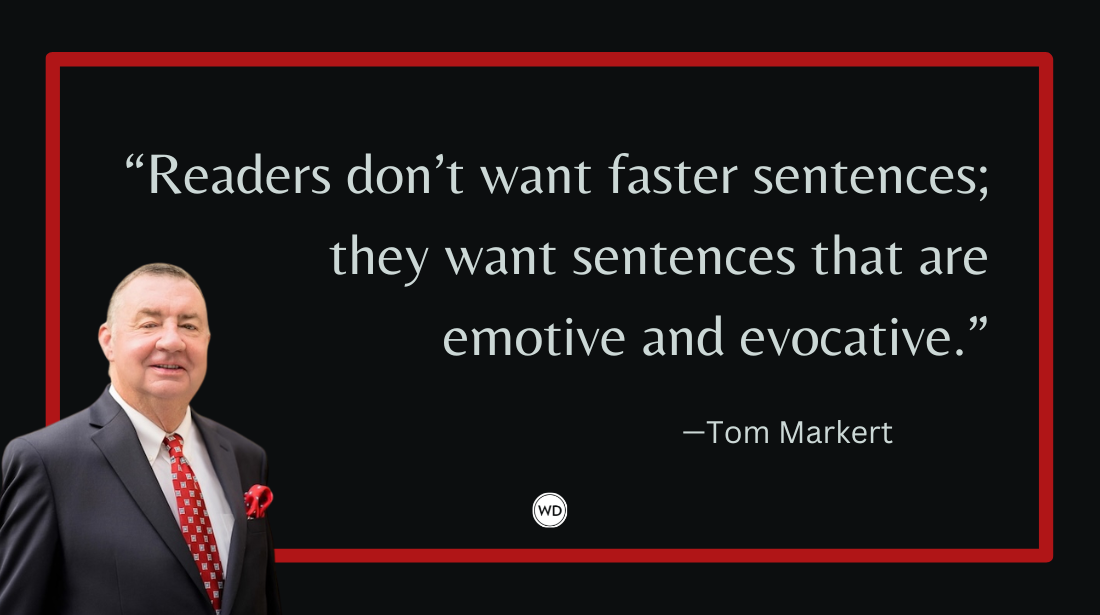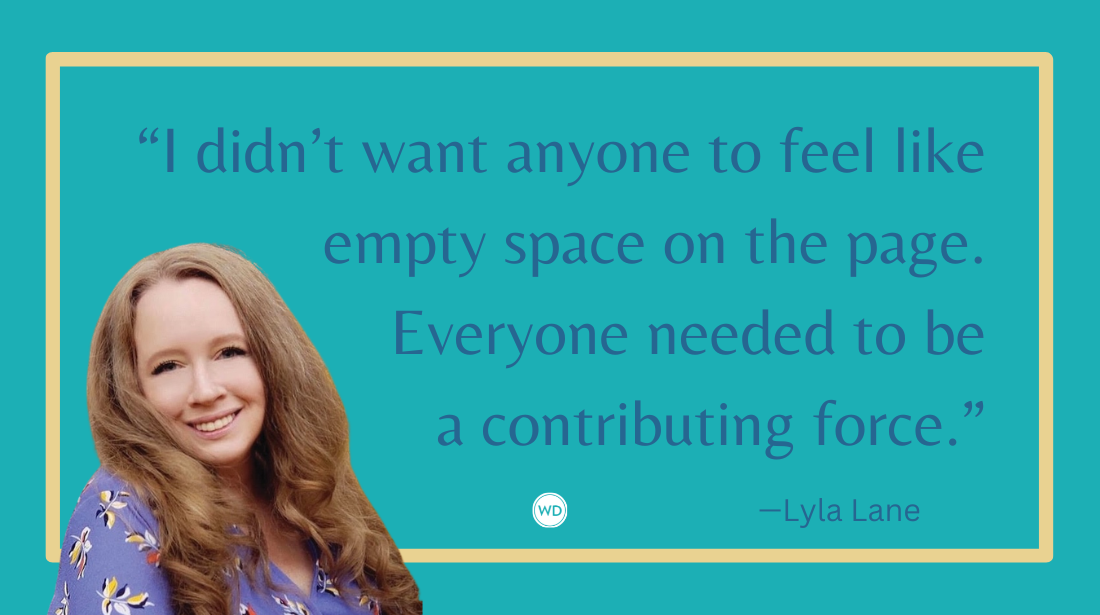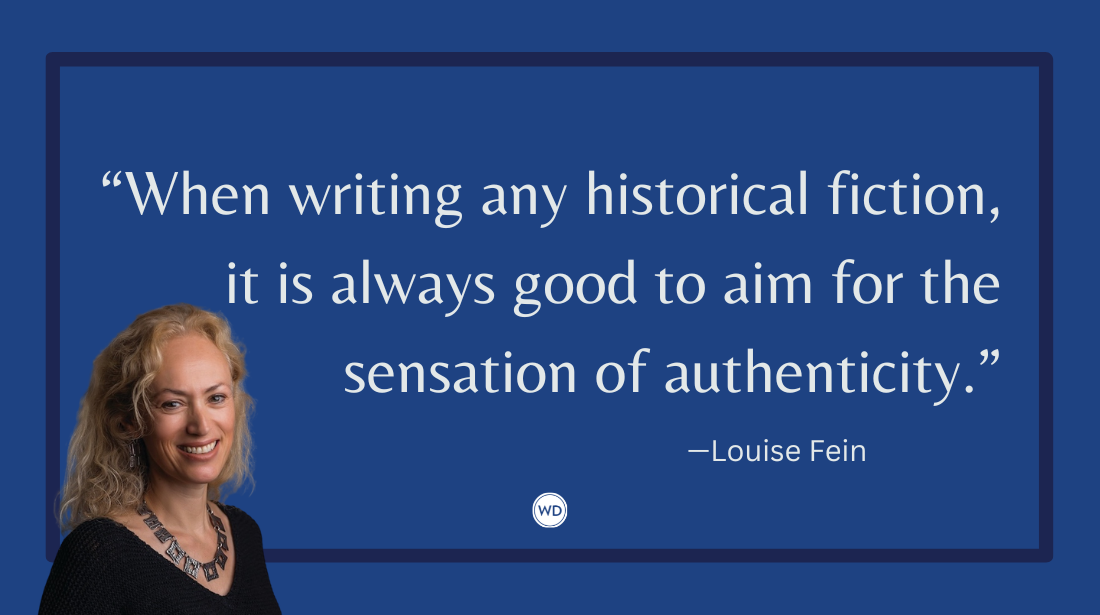Writing a Character Who Struggles With Doubt
Award-winning author Katy Farber discusses writing a character who struggles with doubt, which is a very universal situation.
Self-doubt. What a renewable resource!
Women have always been taught to doubt themselves. Society has been great at that. Through subconscious or overt messages, images, pop culture dialogue, media, family, and well-intentioned others.
Is your relationship strong?
What should you wear to that job interview?
Are you exercising enough?
Are you a helicopter parent, or a free-range parent, and which one is best?
Trusting our intuition is often drilled out of us at an early age. Many of us turn our thinking, whether intentionally or not, over to other sources about how to act and what we should do, ignoring our inner whispers and sometimes shouts. We can follow a list of shoulds about lives instead of listening to our own internal compasses.
Add to that, in situations where a powerful, abusive, narcissistic man who is intimidating, and gaslighting people (such as in my new triller, The Board)—this can create internal self doubt and confusion for anyone.
Is what he said really that bad? Did that really happen?
And parenting, whew! A job filled with many loud voices telling parents that they are doing it wrong. You are too controlling, or too free ranging! No screens, limit the screens, screens are okay! Plan many activities, but don’t be overscheduled! Eat this, not that, but don’t talk about good and bad food!! It is easy to doubt yourself as a parent.
In The Board, we find the main character Liv at a school board meeting asking about the school policy around recess. She is advocating that her daughter not miss recess for testing because she has anxiety and being outside helps. Liv is immediately shut down by an intense and intimidating principal who is also acting as the superintendent, and an icy school board.
She begins to simultaneously question her request and look into the school leader and board. What she finds sends her into deeper exploration, wondering, is this really happening or am I creating a story based on my experience? Can I trust my thoughts and intuition here? Liv has a past where she did not speak up to help in a case of abuse and harassment, and this fuels her current obsession with school leadership and the board. She is also trying to trust her own voice about what is best for her daughter, but is constantly questioning herself.
Writing characters who struggle with doubt is a matter of digging into your own experience: When did you feel a sense of doubt, and what did that look and feel like to you? How did your body react? What spirals of thought dominated your mind? And ultimately, how did you get out of it?
It is a matter of considering your character’s backstory, and how it is informing their current decisions and motivations. We are everything that came before us, and every decision is rooted in our past experiences and often, mistakes. So developing a strong backstory for your character can inform and fuel doubt, while motivating a plan for action that the character ultimately must take.
Lastly, consider what kind of story arc you will have with the doubt. Where is the moment that there is no more doubt, and only action? What will it take for the character to get there? What conditions will push your characters into a deep knowing, and action, beyond all doubt?
That is the story.
Liv’s doubt in The Board echoes the realities of women who are trying to be free, to create communities and schools that are inclusive of students and families, and facing hostile resistance. The doubt is set in a cultural context of what is happening across the country with book bans, shifting school policies, and the reversal of DEI efforts. We can never separate our characters from the contexts in which they are living in and the experiences they are coming from.
Writing characters who deal with self-doubt is highly relatable, as many people struggle with important decisions and their own perceptions of their lives. It takes sinking into this feeling and the cultural context that the character is operating in to create the struggle many people will feel deeply.
Check out Katy Farber's The Board here:
(WD uses affiliate links)





